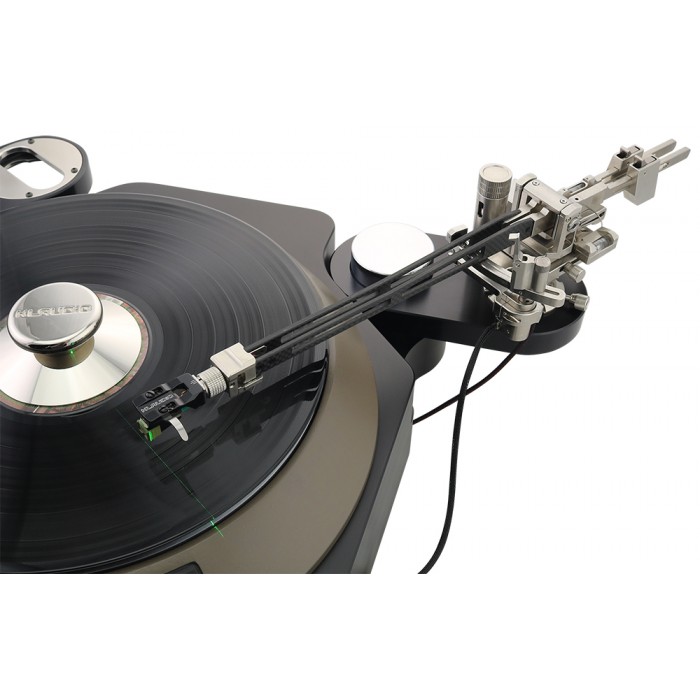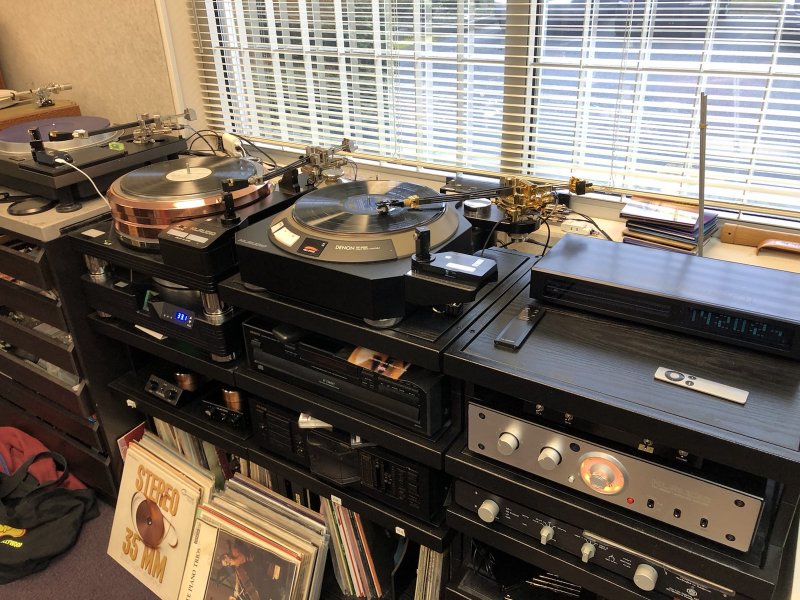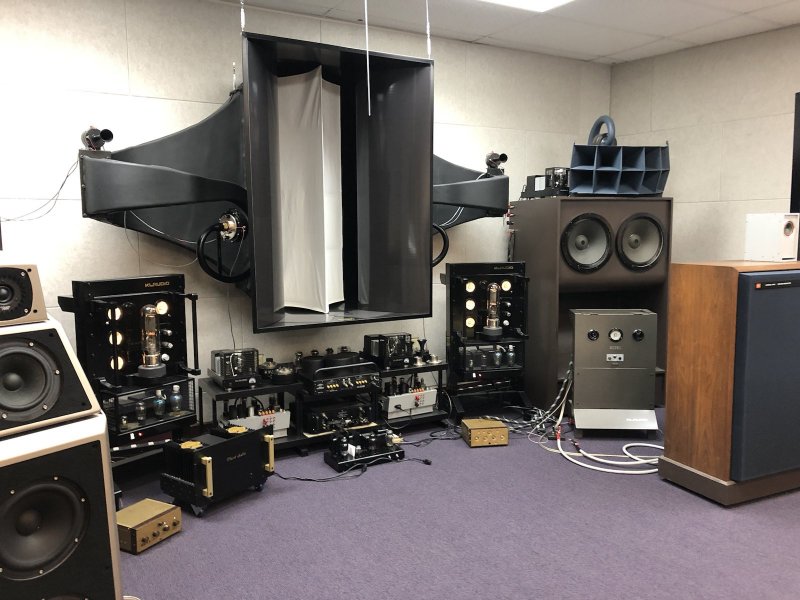I would like to introduce Klaudio’s Pivoted Linear Tangential Tonearm. It combines the advantages of the conventional pivot arm and linear tracking concepts. It simplifies installation, and allows for ideal setup using a wide range of cartridges.
Users are aware of the benefits and issues with pivoting and linear tracking tonearms. I’ve experienced many of them myself. After Klaudio’s ultrasonic LP cleaner launched, I began developing a new tonearm with inspiration from a bus windshield wiper.
I had several development goals in mind. I wanted a tonearm that could accommodate a wide variety of cartridges. I also wanted an easy installation process, and consistently reliable setup. It took about five years of prototypes, testing, and improvements to produce Klaudio’s current tonearm.
Here is a video of the tonearm showing some of the features.

Users are aware of the benefits and issues with pivoting and linear tracking tonearms. I’ve experienced many of them myself. After Klaudio’s ultrasonic LP cleaner launched, I began developing a new tonearm with inspiration from a bus windshield wiper.
I had several development goals in mind. I wanted a tonearm that could accommodate a wide variety of cartridges. I also wanted an easy installation process, and consistently reliable setup. It took about five years of prototypes, testing, and improvements to produce Klaudio’s current tonearm.
Here is a video of the tonearm showing some of the features.







